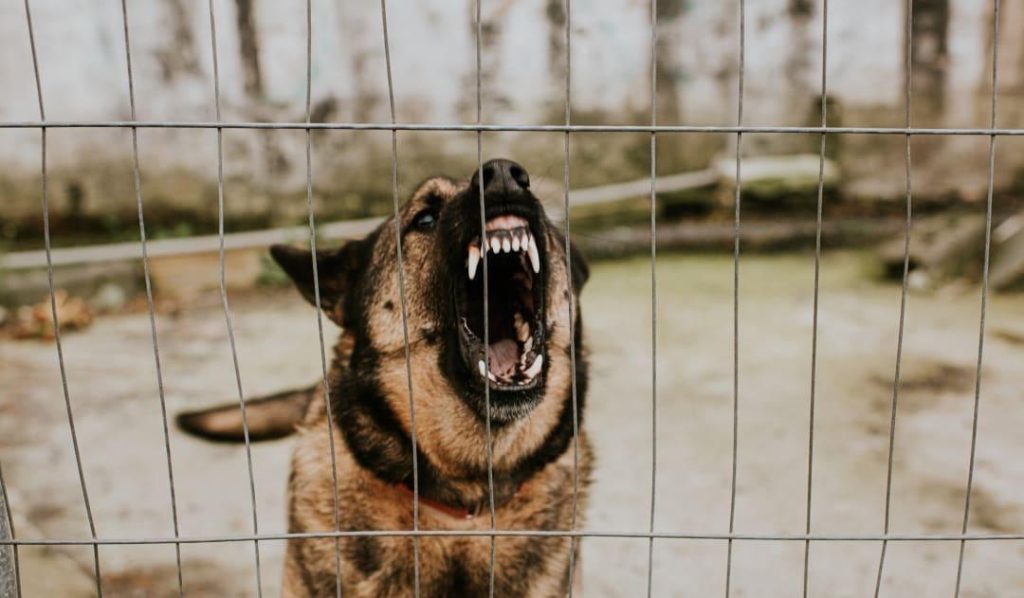
Man bitten by rabid dog slits own throat, dies in TN hospital
In a shocking and tragic incident, a 35-year-old man who was bitten by a rabid dog a few days earlier took a drastic step to end his life at a government hospital in Tamil Nadu. The man, who was being treated for rabies, slit his own throat after breaking a glass pane in his isolation ward. The incident occurred on Tuesday at the hospital, leaving medical professionals and family members in a state of shock and grief.
According to reports, the man was admitted to the hospital after he was bitten by a rabid dog in his village. As the disease progressed, he began displaying severe aggression and unpredictable behavior, making it difficult for medical staff to care for him. Despite being kept in isolation, the man’s condition continued to deteriorate, and he became increasingly violent.
On Tuesday, the man managed to break a glass pane in his isolation ward and used the shards to slit his own throat. He was pronounced dead at the hospital shortly after the incident. The authorities have launched an investigation into the matter and are trying to determine how the man was able to break the glass pane and inflict the injury on himself.
Rabies is a deadly viral disease that affects the nervous system of mammals, including humans. It is caused by the bite of an infected animal, usually a dog, cat, bat, or raccoon. Symptoms of rabies include flu-like symptoms, such as fever, headache, and fatigue, followed by confusion, agitation, and aggression. In severe cases, the disease can cause seizures, paralysis, and eventually death.
The incident highlights the importance of prompt medical attention and proper treatment for rabies patients. In many cases, rabies can be prevented or cured with prompt medical treatment, including post-exposure prophylaxis (PEP), which includes administration of rabies vaccine and immune globulin.
The World Health Organization (WHO) estimates that there are over 59,000 human deaths from rabies worldwide every year, with 95% of these deaths occurring in Asia and Africa. In India, an estimated 20,000 to 30,000 people die from rabies every year, with the majority of cases occurring in rural areas where access to healthcare is limited.
In recent years, there has been a significant decline in the number of rabies cases reported in India, thanks to improved awareness and access to treatment. However, the disease remains a significant public health concern, particularly in rural areas where animal bite cases are common.
The incident also raises questions about the quality of care provided to patients in government hospitals, particularly in rural areas. The hospital where the man was being treated has come under scrutiny, with many questioning how a patient with severe aggression and unpredictable behavior was able to break the glass pane and inflict the injury on himself.
The incident serves as a stark reminder of the importance of proper healthcare facilities and trained medical staff, particularly in rural areas where resources may be limited. It also highlights the need for increased awareness about rabies and its prevention, as well as the importance of prompt medical attention and proper treatment for those who are bitten or exposed to the virus.
In conclusion, the tragic incident of the man who was bitten by a rabid dog and slit his own throat at a government hospital in Tamil Nadu is a sobering reminder of the dangers of rabies and the importance of proper healthcare facilities and trained medical staff. It is a tragic reminder of the devastating consequences of a disease that is entirely preventable with prompt medical attention and proper treatment.





